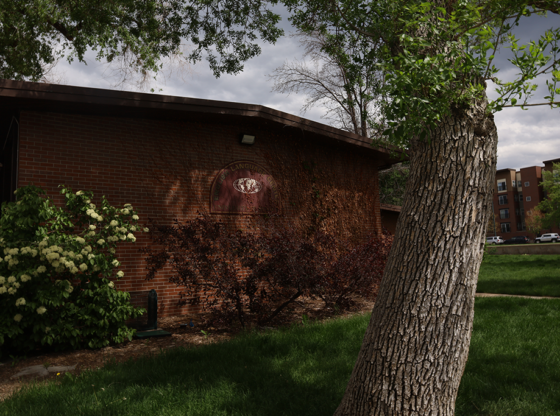Colorado is the pioneer in legalizing recreational marijuana. As more states are considering legalization, they are closely scrutinizing the effects of legalization in our own state. The consequences on young adults, especially college students, are some of those effects being watched.
Despite this spotlight on Colorado, Campus Safety and Student Conduct should not focus on enforcement of the on-campus drug policy, but rather its education effort. The current focus on education is necessary and appropriate for the DU campus, although administration can make greater progress towards proactive student engagement.
DU’s current drug policy, as outlined in the Student Conduct Policies, prohibits any federally illegal drug or drug paraphernalia on-campus. This policy is very necessary. As already addressed in the Feb. 3 Clarion article “Coombe high-lights marijuana policy at DU,” DU receives federal funding for financial aid and research grants.
According to that article, “It must abide by federal laws, including the Drug Free Schools and Communities Act.” Even if there were any options that would allow marijuana on-campus without threatening federal funding, DU should not pursue those options. Marijuana use is still illegal in public and for anyone under the age of 21. That would limit use to on-campus residence halls, most of which are occupied by students under the age of 21. Allowing marijuana on-campus would only promote illegal use. Clearly, our current prohibition of marijuana is indispensable.
A complete evaluation of policy must also include enforcement. Campus Safety currently handles all reports of marijuana use. Sergeant James Johnson, Community Partnerships and Training Coordinator of Campus Safety, explained the goals of Campus Safety in a recent interview.
“Education is the biggest thing we do,” said Johnson regarding the goals of enforcement, “We are not trying to give [students] criminal records.”
Johnson also explained that all instances of marijuana possession under three ounces are referred to the office of Student Conduct for consequences. Any amount over three ounces is referred to the Denver Police Department. This ensures that most cases do not enter students’ legal records. By focusing on keeping students’ records clean, students are likely benefitting from repercussions designed by Student Conduct to educate on the risks of drug use — the best method of increasing student safety and health.
Furthermore, Campus Safety “doesn’t go sniffing for weed,” as Johnson explained. They respond to calls from other people — typically Resident Assistants or community members close to campus. Increasing consequences or creating drug patrols would likely only push students off-campus to use marijuana. Campus Safety enforcement is undoubtedly ensuring student safety through its current enforcement policies.
All things considered, incidences of drug misuse incidents have increased since legalization. The Student Conduct Statistics report all instances of drug misuse on-campus (which includes all types of drug misuse, not just marijuana). In the 2011-2012 school year, there were 58 incidents of drug misuse. In the 2012-2013 school year, that number rose to 168 incidents, while the 2013-2014 year included 147 incidents.
There was a drastic rise in incidents following legalization, but it shouldn’t be too alarming. It’s a large increase, but nothing that’s unmanageable. At the very least, students involved in these incidents are receiving education.
Johnson also mentioned that many of these incidents are repeats — students who have already been caught illegally using drugs. In these incidents, higher forms of punishment are enforced through Student Conduct, as is relevant to the behavior. Clearly, Campus Safety enforcement policies are geared to protect students’ best interests in more than one way.
Moving forward, there is always room for improvement regarding student health and safety, similar to issues of alcohol abuse and sexual health. Engagement with the student population is always the best solution to these issues. This already occurs at a small scale through HYPE at DU, a student-run organization that promotes healthy lifestyles. Nonetheless, DU administration should make an active effort to prioritize proactive student engagement with respect to health and safety rather than rely on referrals after incidents occur.
Despite all the attention Colorado is receiving, Campus Safety and Student Conduct should not focus on enforcement of the on-campus drug policy. There are much larger issues of student safety that should be prioritized, such as the high number of drunk driving fatalities in the past year and recent armed robberies. In the future, though, DU administration should keep student engagement efforts on the forefront.











